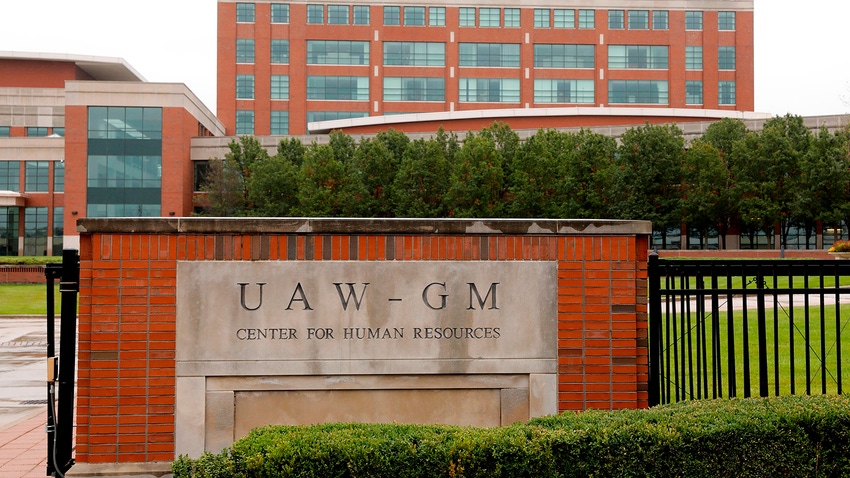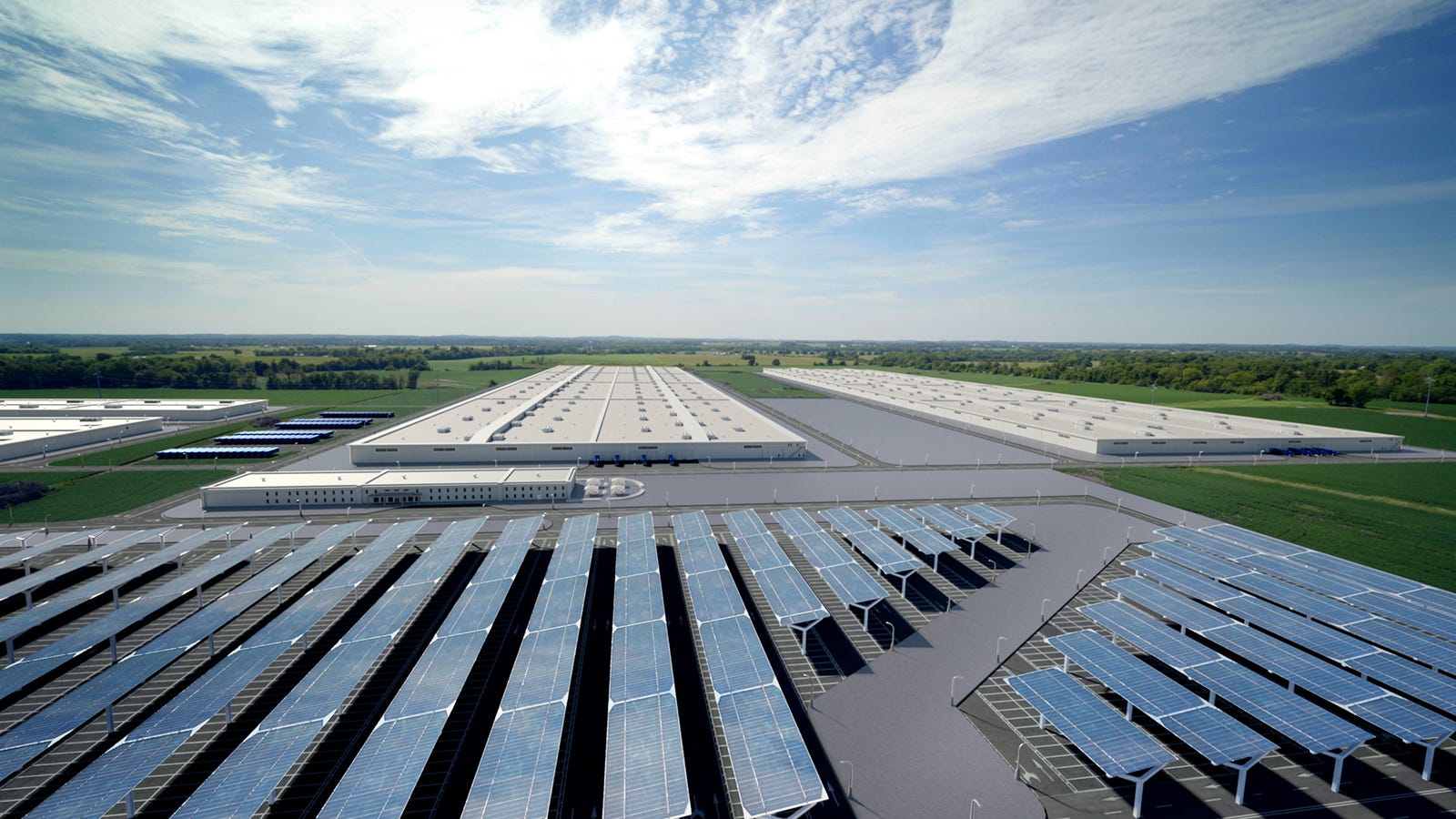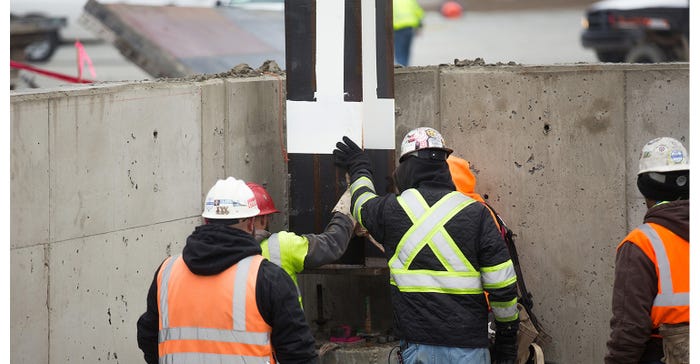What’s Changed for US EV Battery Makers since the UAW Strike?
The door has been opened for the unionization of some Detroit Three US EV battery plants—but questions remain.

At a Glance
- General Motors, Stellantis, and Ford came to tentative agreements with the UAW to end a nearly seven-week strike.
- Coverage of the settlements has centered on wage increases for these autoworkers.
- How the agreements will affect US EV battery production also matters. Here's what we know:
It’s been a week since General Motors, Stellantis, and Ford—the ‘Detroit Three’ automotive companies—each came to tentative agreements with the United Auto Workers to end a nearly seven-week strike. The agreements are still being ratified by UAW members—but that’s expected to go fairly smoothly as UAW leadership has been vocally exultant about what it's called a great victory: A UAW statement said the agreement “paves the way for a just transition [from ICEs to EVs] and wins economic gains for auto workers.”
Most of the coverage of the settlements has centered on the 4.5-year contract that would provide at least 25 percent raises for these autoworkers. But perhaps as important for the battery industry is how the agreement will affect US battery production. Here’s what we know:
GM’s agreement covers workers at its joint-venture battery factories
The UAW disclosed that employees at the Ultium Cells facilities in Tennessee and Ohio, operated by the joint venture between GM and LG Energy Solutions, will be covered by a contract identical to that of auto workers. This arrangement grants the union the authority to negotiate salaries and benefits for those involved in manufacturing batteries destined for GM's electric vehicles. UAW President Shawn Fain first said in early October that the union had received such an offer “in writing” from GM.

Rendering of BlueOval SK Battery Park, a joint venture of Ford and battery maker SK Innovation being built in central Kentucky. Credit: Ford Motor Co.
Ford’s agreement could result in unionizing its Blue Oval battery plants
Reuters reports that the accord with Ford extends its coverage to upcoming battery facilities, potentially adding numerous UAW members at the forthcoming battery plant in Marshall, MI (construction of which was paused in late September), and Blue Oval City, the Tennessee Electric Vehicle Center situated in western Tennessee. Fain stated that upon unionization, employees in the battery plants would receive equivalent wages to Ford assembly workers.
Stellantis’ new joint-venture battery plant will have unionized workers
Stellantis, the parent company of Chrysler, has committed to constructing a new $3.2 billion battery plant through a joint venture in Belvidere, IL, according to the UAW (as reported by CNBC). The agreement also outlines previously disclosed investments of $6.2 billion for two joint-venture battery facilities in Kokomo, IN.
Fain mentioned that UAW members at the Belvidere battery plant will be represented by the union, facilitated by Stellantis leasing the employees to the joint venture. It remains uncertain whether the terms for the previously announced plants will be identical. (Stellantis is staying mum about the agreement until after its workers vote on the agreement, the company has stated.)

Construction workers secure the first piece of steel raised into place for the first Stellantis and Samsung SDI joint venture electric-vehicle battery manufacturing facility in Kokomo, IN, on March 22, 2023. Credit: Stellantis
What about other EV and battery makers?
How other companies with EV and battery facilities in the US will be influenced by the settlements with the Detroit Three is an open question, but Fain has stated that he wants to expand the UAW’s fight for representation and higher wages to Toyota, Tesla, and other non-unionized automakers. This presumably would include the US battery facilities these companies have built or will build in their own joint ventures with battery makers.
As CNBC notes, the union has so far been unable to organize foreign-based automakers in the US. Most recently, Volkswagen and Nissan plants fell short of the support needed to unionize. The UAW has previously discussed organizing Tesla’s Fremont, CA plant with little to no traction in those efforts.
But it is notable that only days after the UAW and Detroit Three reached their tentative accords, Toyota announced it was raising the wages of its non-union auto workers in the US. The top pay rate will rise by $2.94 to $34.80 an hour.
About the Author(s)
You May Also Like





